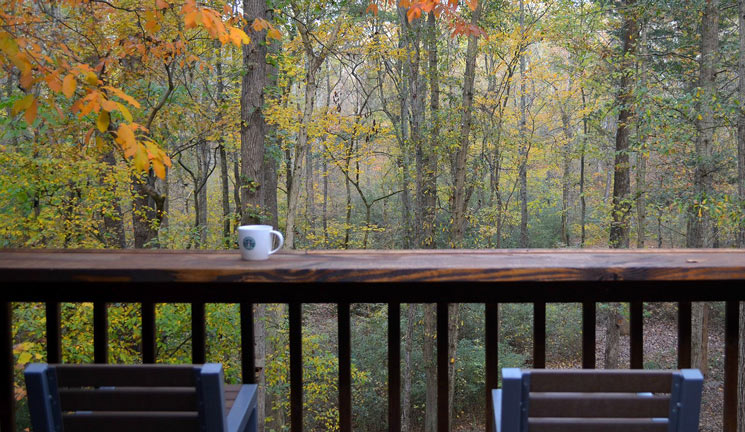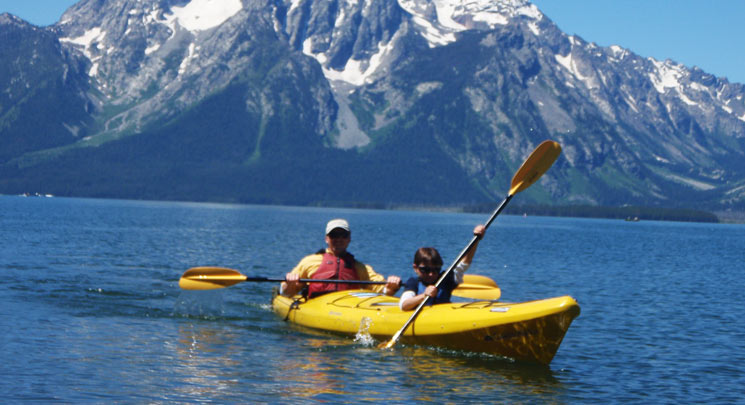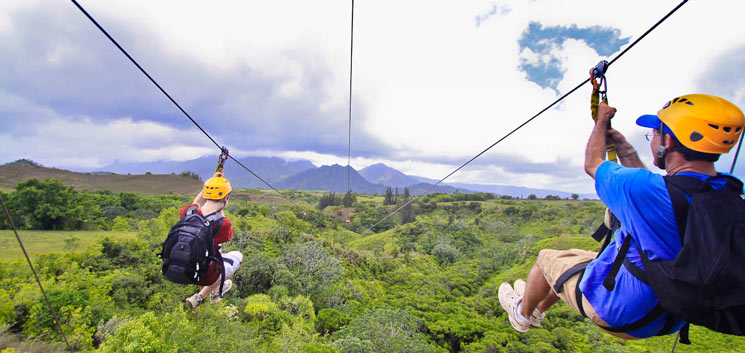A decade having passed since American psychologists Leaf Van Boven and Thomas Gilovich published their research on experiences versus possessions, there is now another study that is once again putting this subject under a lens. Cited hundredths of times since- “To do or to have? That is the question”- their study allowed people to understand that shopping for experiences buys a lot more happiness on the long run than purchasing material goods.

Gathering another wave of attention, Waiting for Merlot - Anticipatory consumption of experiential and material purchases, co-authored by Thomas Gilovich, focuses on yet another aspect of how our economic choices affect our well-being. Anticipation for an upcoming purchase- being that an experiential or a material one - is what this study hones on, and finds yet another difference between the two.
The focus of this study is observing how people feel before they make the purchase, thus allowing scientists to associate thoughts with markedly pleasant, exciting, or impatient anticipatory feelings. For the purposes of this study, 2226 adults were also polled who, at random times, were asked how they feel while making a purchase on their iPhones.
What this research revealed is yet another argument for buying experiences over possessions. Namely, each time an individual thought about making a plane ticket purchase for a say, trip to the Caribbean or Europe or whatever destination really that is associated with the thoughts of a pleasant experience, was experiencing far more excitement and pleasure that what buying a material possession of the same price usually brought.
The study also focused on another element- people waiting in lines. Putting crowds waiting in-line to make a purchase versus those who line up in front of a theme park entry or an airplane gateway is a smart comparison indeed. In a press release, Gilovich said one reason the research is important to society is that it “suggests that overall well-being can be advanced by providing an infrastructure that affords experiences—such as parks, trails, beaches—as much as it does material consumption.”
Entertain yourself with the thought of waiting to buy an iPhone versus standing in line for entering Disneyland or the Colosseum or the Eifel Tower (combining the three is still not a price equivalent to the iPhone).
If you did try to guess it, and took yourself on a trip to Europe instead your local Apple store, you’re right- the study came up with the same answer- people waiting in lines to buy experiences are usually experiencing more pleasant anticipation than those who line up to buy stuff.
Products that buy experiences

Giving ourselves the freedom to paraphrase the words of this study and take a wild guess on how this information can affect our life, we at Lifestyle Updated came up with couple of points to add.
First thing first, while covering their previous study, we stumbled on a glitch that hardly anyone cares enough to point out. Namely, though we respect the distinction of material possessions versus experiences, there are some things we possess which reward us with continual chances to enjoy experiences.
Knowing how experiences shape our spectrum of feelings, companies invest massive amounts of money in order to satisfy an ever growing market that is searching for experiences, by coming up with smart product design. Translated in vernacular- our material possessions thus become more experience oriented.
An X-box Kinect, the new p90 workout, a digital camera even… All designed to bring you experiences - said even in their marketing.
This of course, is our recommendation in line with the study - experiences make us happier than purchasing goods. Well, ok then, but how about mixing the two of them together. Think about it.
Anticipation is half the process

Returning to the new study- Anticipating Merlot- we owe it to ourselves to try and extrapolate yet another takeaway.
Observing the purchasing process, we can separate three distinctive stages from one another- the anticipation (which this study covers), the purchase itself (something that their previous study focused more towards), and the whole experience that follows (again, targeted by their previous study in a way).
Judging how the purchase itself is almost irrelevant to what comes before (anticipation) and what follows afterwards- we can safely conclude that the first and the last stage occupy almost the entirety of the pie chart.
The anticipation, then, is as important as what follows after the purchase. And so we gave ourselves the freedom to analyze again.
When you put your buying habits under a lens, few things are apparent and we can easily spot a pattern. One- you are probably spending more time buying things than buying experiences; and two- if you compare your behavior from when you buy a material good versus those times when you pay for an experience there is an obvious mismatch- prior the moment when you put your money down in order to buy a material good there is usually a lot of research being done. We anticipate an upcoming product by reading one review after another, thus putting ourselves in a state of greater anticipation.
The same cannot be said about shopping for experiences. The anticipation then, however more pleasant it might be, is measurably shorter. This behavior though, led by our habits when purchasing goods, is drastically changing. As more thought is being spend towards researching experiences before we shop for them, more outlets for selling experiences emerge- blogs about tourism, startups offering experiences in the counts of millions… Driven by our need to research our material purchases, we start to surround ourselves with experiential research as well. (Just look at how more restaurant reviews we are reading now as compared to a decade ago. The business sector supplies the demand- so it is safe to assume that there is a demand for researching experiences indeed).
Anticipate experiences more by doing equal amount of research
Our advice - as you’ve might guessed it- is to do a lot more research before indulging yourself into purchasing experiences. Read more travel blogs before you book your ticket, scroll through a stream of pictures before you pack your bags. Scan YouTube before you go to a concert, and watch movie trailers before you go to the theaters. The more anticipation you throw into the picture, the more pleasant the experience will thus be. Just as with purchasing material goods- only better now.
Or, if you are hard to sway into shopping for experiences- the first advice from our previous article still applies- buy products that will offer you more on the experience side of the scale.
References:
- To Do or to Have? That Is the Question
- Waiting for Merlot - Anticipatory Consumption of Experiential and Material Purchases